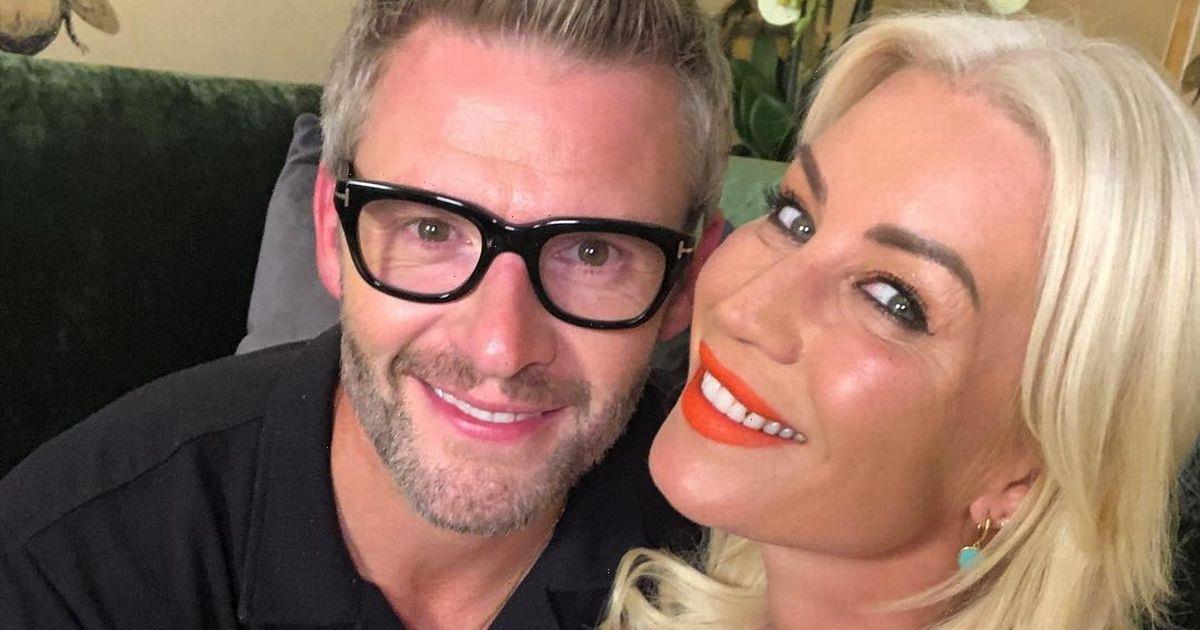In the 1961 film version of “West Side Story,” the “tomboy” character Anybodys is a young teen, a stereotype you’d find on any sitcom of the era, dressed in dungarees and a T-shirt with a cute pixie haircut. But in Steven Spielberg’s “West Side Story,” transgender nonbinary actor iris menas (who prefers not to use capital letters) shines as an older Anybodys as the script by Tony Kushner illuminates the racism, harm of gentrification and the frustration felt by people on the fringes of a postwar society that doesn’t value them because they don’t fit in to the American dream narrative. Menas infuses Anybodys with all the pain of a person who has the confidence to know who they are but faces ignorance and hate on a daily basis.
Menas was working on a Broadway show when zie (they) got the call to audition for “West Side Story.”
“I was like, ‘oh my gosh, “West Side Story.” Oh my gosh, Steven. Oh my gosh, Tony Kushner.’ … I’m excited. I’m nervous. I’m doing it. So I went into the audition room. I read a little side for Cindy Tolan and their assistant Nick [Petrovich] and saw a bunch of trans and nonbinary people there. I was like, ‘wow, they’re specifically seeking trans and non-binary performers for the role,’ and that was very intriguing to me.
“And at first I was apprehensive because I thought, ‘well, that’s what people are trying these days.’ People are trying to write trans roles and it doesn’t always have the impact that I think people desire, and can end up being very harmful to the trans community. But I’m like, ‘hey, these are masters of their craft, I’m absolutely gonna give this a shot.’”
Then menas put it out of mind, until zie got a call back, and auditioned for Spielberg, Kushner, producer Christie Krieger and other movie heavyweights.
“I walk in and honestly, it literally felt like I was walking into my family living room. I was like, ‘this is so chill,’ ” menas says with a laugh.
Menas’ experience was a bit unusual. “There was nothing ever expected or demanded. A lot of times trans people come in and we’re the only trans in the room and we have no advocate. There’s been no consultant. We end up doing the job and the emotional labor of a consulting team and reliving our traumas for the process. But that was not the case here, they frontloaded all of the effort, all of the work. I mean, not only historically, but obviously in a way that aligned with a trans person in the 1950s, and what the reality would’ve looked like. And so that felt so much safer to me to be able to come in and step into the role, because I didn’t have the labor of educating anyone.”
The actor “wanted to bring my real-life lived experience as a nonbinary trans person to Anybodys, first and foremost because we rarely see trans people represented in the media. We rarely see them represented correctly.
“We see how Anybodys is treated by the gangs and how Anybodys is ostracized from society, which is a very real aspect, unfortunately, that’s still going on. We see that, but we also see Anybodys standing up for himself, and being true to himself in a time where everyone was telling him that trans people aren’t real, you don’t exist, essentially.
“I really just honestly wanted to bring life and reality and a groundedness in Anybodys understanding of himself because we don’t get to see trans people so sure of themselves on screen. And that was really important for me — for Anybodys to be sure of who they were at all times.”
Menas says the “set was a place of joy.” Spielberg’s passion for the material and amount of trust he placed in the cast brought out great performances, and the camaraderie between cast and crew was unique.
“We were all on text threads outside of the set. We had such a unique experience and it’s cemented in my body, in mind as this just wonderful, uplifting, beautiful collaboration that I think is so exciting to share with the world finally.”
Source: Read Full Article


